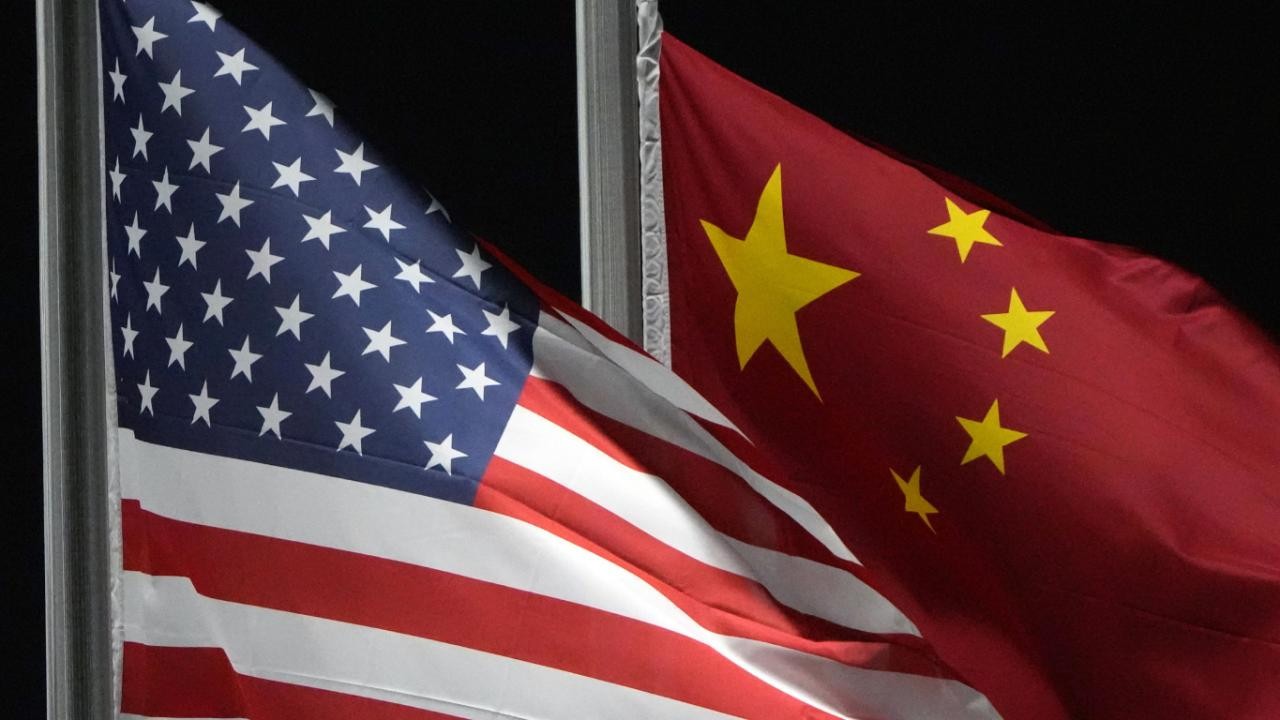China makes an unexpected move against the U.S.
Aiming to surpass the United States, which holds the position of the world's largest economy, China took an intriguing step.

Chinese semiconductor imports from Japan saw a remarkable uptick in June, with chip industry portal Ijiwei reporting a notable 41.6 percent increase compared to the previous month. Despite an overall yearly decrease of 10.5 percent, June's total imports were an impressive US$804 million.
This sudden import boost is due to the heightened export controls on specific advanced semiconductor tools Japan began enforcing on June 30. China appears to be the target of Japan's actions, which follow similar export restriction measures from the Netherlands and the United States—both significant contributors to the semiconductor industry.
The types of equipment imported saw considerable growth as well. For instance, the value of photolithography steppers, devices that imprint chip designs on wafers, grew by 137.1 percent, amounting to US$62.4 million. Similarly, etching and stripping machines imports experienced a 370.1 percent increase, resulting in a total value of US$44.4 million.
China makes an unexpected move against the U.S.
The Japanese export controls that began on July 23 restrict 23 types of semiconductor technology, encompassing critical advanced microchip manufacturing equipment, such as machines used for depositing films on silicon wafers and those that etch out microchip circuits.
According to Yoshiaki Takayama, an analyst at the Japan Institute for International Affairs in Tokyo, the restrictions Japan has imposed complement those initiated by the United States. With only a handful of companies worldwide capable of manufacturing cutting-edge chips, China's ability to produce these advanced chips could be significantly impacted. This effect would not only make importing these chips difficult, but local manufacturing could also encounter considerable challenges.
Observers speculate that in response to these trade restrictions, Beijing might shift its semiconductor strategy to focus on the manufacture of middle and low-end semiconductors instead of striving for cutting-edge capabilities.
In conclusion, the sharp increase in Chinese imports of chip equipment from Japan in June is indicative of local chip manufacturers' urgency to stock up before Tokyo's new export restrictions took effect. These restrictions are poised to influence China's semiconductor industry and its capability to manufacture advanced chips, prompting potential strategy shifts in the future.
 Xiaomi MIX Fold 3 makes headlines this time with camera leaksMobile
Xiaomi MIX Fold 3 makes headlines this time with camera leaksMobile





